SAINT-QUENTIN-EN-YVELINES, France — If Olympic golf matters—if it’s relevant in a golf world populated by dollar signs and territorial infighting, if it can even get itself sorted over whether this format or that is the best way to showcase the game to a global, non-golf audience—maybe the only sources capable of answering the question are four men representing four countries, none of which has a higher golfing population than any U.S. state.
Ryan Fox from New Zealand, Gavin Green from Malaysia, C.T. Pan from Chinese Taipei and Fabrizio Zanotti from Paraguay are all making their third straight appearance in the Olympics, the only male golfers to appear in all three Games since golf was reinstated in 2016. Their assessments of the importance and the rise of Olympic Golf in eight short years are clear: Golf is in a different place because it has found a place on sports’ biggest stage.
“It feels like a big event, like a major,” said Green, currently the 277th-ranked player in the world. “The top players are here, and the venue is a proper ball-strikers golf course. There’s no messing around.”
More from Golf Digest
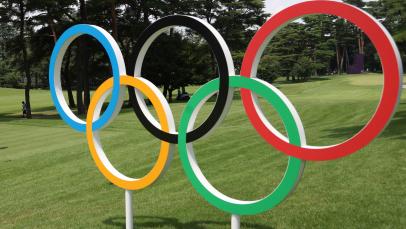 Viewer's Guide
Olympic Golf: How to watch, TV times, streaming options for the men's and women's events at the 2024 Paris Games
Viewer's Guide
Olympic Golf: How to watch, TV times, streaming options for the men's and women's events at the 2024 Paris Games
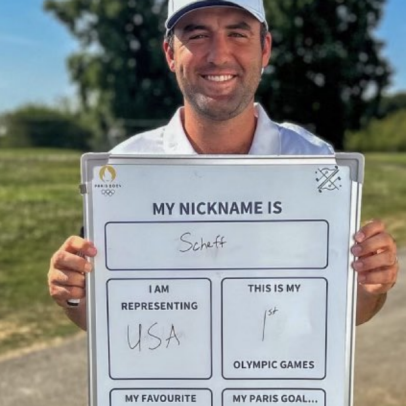 The Olympics
Scottie Scheffler's 'Paris Goal' should terrify his opponents at the Olympics
The Olympics
Scottie Scheffler's 'Paris Goal' should terrify his opponents at the Olympics
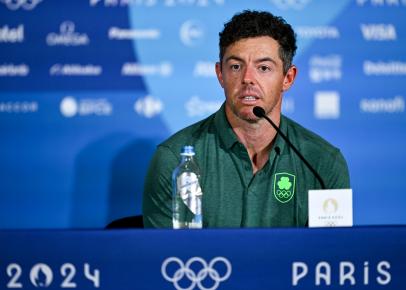 Olympics 2024
Olympics give Rory McIlroy chance to recast his season—and his career
Olympics 2024
Olympics give Rory McIlroy chance to recast his season—and his career
After the top four men’s players in the world skipped Rio in 2016, and the top two players in the world missing out on Tokyo three years ago, eight of the top 10 men in the Official World Golf Ranking are in the field this week.
“It’s definitely different this time,” said Fox, a four-time DP World Tour winner. “I think we were probably a little unlucky early on with Zika and COVID, obviously, but we haven’t had a single top player opt out this year, which is pretty cool. It’s a really strong field this week, and it took tennis a little while to find its place in the Olympics and I think golf is definitely starting to do that.”
Fox’s point is well taken. When tennis joined the Olympics program in 1988, top players were slow to embrace it. It wasn’t until 2008 when the players like Rafael Nadal, Roger Federer, Novak Djokovic and Andy Murray were medaling. Golf could use the same sort of runway.
The International Olympic Committee obviously has been watching golf closely to see how the top players respond to its presence on the calendar, and golf’s organizations have made the Olympics experience a priority. There’s no question there have been stumbling blocks. The case of Joost Luiten being held out of the golf competition by the Dutch Olympic Committee and then not being allowed into the field by the IOC after a Dutch court ruled in his favor seems to have been at best mishandled.
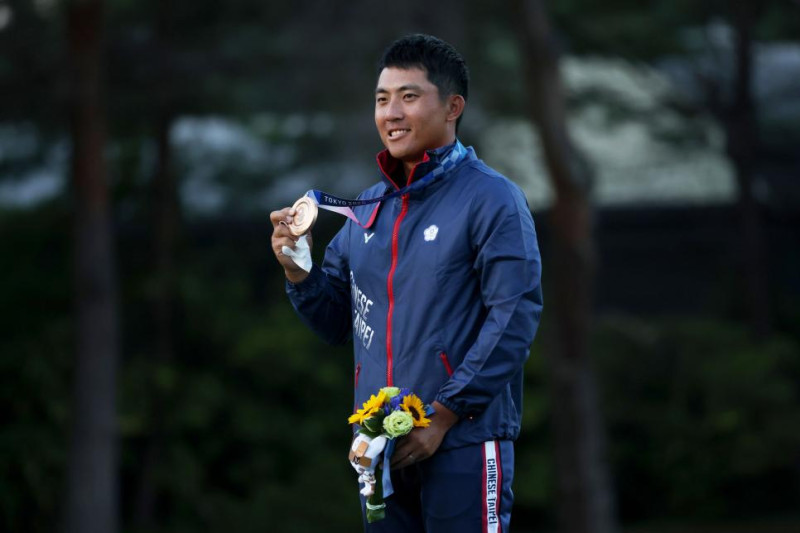
C.T. Pan of Chinese Taipei claimed a bronze medal when he played in the Tokyo Summer Games in 2021.
Chris Trotman
But the overriding sense of the strength of the Olympic golf movement is very much about the strength of the men’s field.
“To me, success is the quality of the field, and we're achieving that. And then obviously at the end with six different medalists, hopefully with six different countries because that shows that diversity of our game,” said Antony Scanlon, executive director of the International Golf Federation. “This is an opportunity for us to get out to a newer audience, and it's a little bit younger, a little bit more gender-equal and people, going to see the best players in the world showcase their skill sets and this course will show that. We want more fans to be watching the game and then ultimately for our members to capitalize on that new fan base and, and, and then ultimately convert them into participants.”
But Fox, Green, Pan and Zanotti already have been feeling this effect in their eight years. And each has a sense that a medal would be more than personally life-changing, that it would directionally change the game. Fox already has seen that with the success of Lydia Ko, who has medaled in the first two games, and the country has more than 500,000 golfers now.
“What Lydia has done for us with the two medals and her career is incredible,” said Fox, who is competing with first-time Olympian Dan Hillier. “Participation is huge. If Dan or I got a medal for New Zealand in the golf, especially if it was a gold medal, it would be massive for our country.”
Pan, who came out of a seven-man playoff to win the bronze medal in Tokyo, talked about the importance of the Olympics earlier this month at the John Deere Classic. “That's the biggest event for my country and for myself also,” he said then. “That bronze medal just means everything.”
More from Golf Digest
 The remarkable stories of five golfers who beat the odds to become Olympians
The remarkable stories of five golfers who beat the odds to become Olympians
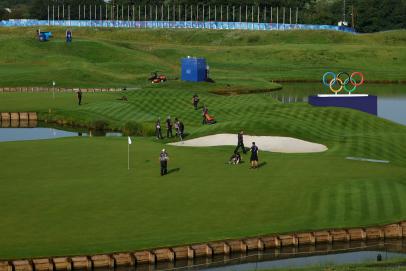 Home-course advantage?
Olympics 2024: Le Golf National may be a Euro favorite but it will play no favorites at the Paris Games
Home-course advantage?
Olympics 2024: Le Golf National may be a Euro favorite but it will play no favorites at the Paris Games
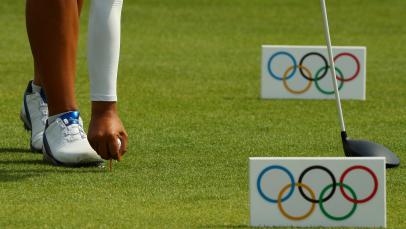 Olympics 101
Olympics 2024: Everything you need to know about golf at the Summer Games in Paris
Olympics 101
Olympics 2024: Everything you need to know about golf at the Summer Games in Paris
Zanotti, who just edged his way into the field as the No. 373-ranked golfer in the world, carried the Paraguayan flag during the Opening Ceremony for a second straight Summer Games. At 41, the Olympics have become so important to him that they’ve come to define his career in a way he’d never considered.
“I was not playing my best golf, and I was just on the line all the time, and everybody was expecting me to be here,” he said.
“It was a little tough, but at the end, I get to qualify and everybody was so happy. It means the world to my son, and it will be very special to tee off on Thursday with him there to see me.”
What seems most compelling about how these four Olympic golf veterans talk about the experience is in terms of what it means for others, why the event is more meaningful because other top players are here and what it is doing for their respective countries. It’s visible in many ways, including the tattoo of the Olympic rings underneath Green’s right bicep. He got it at his first Olympics. He never imagined a third. But this one he sees as something different.
“You know, your life on tour is pretty non-stop week in and week out, where the events come and go,” he said. But this just feels unique, you know?”